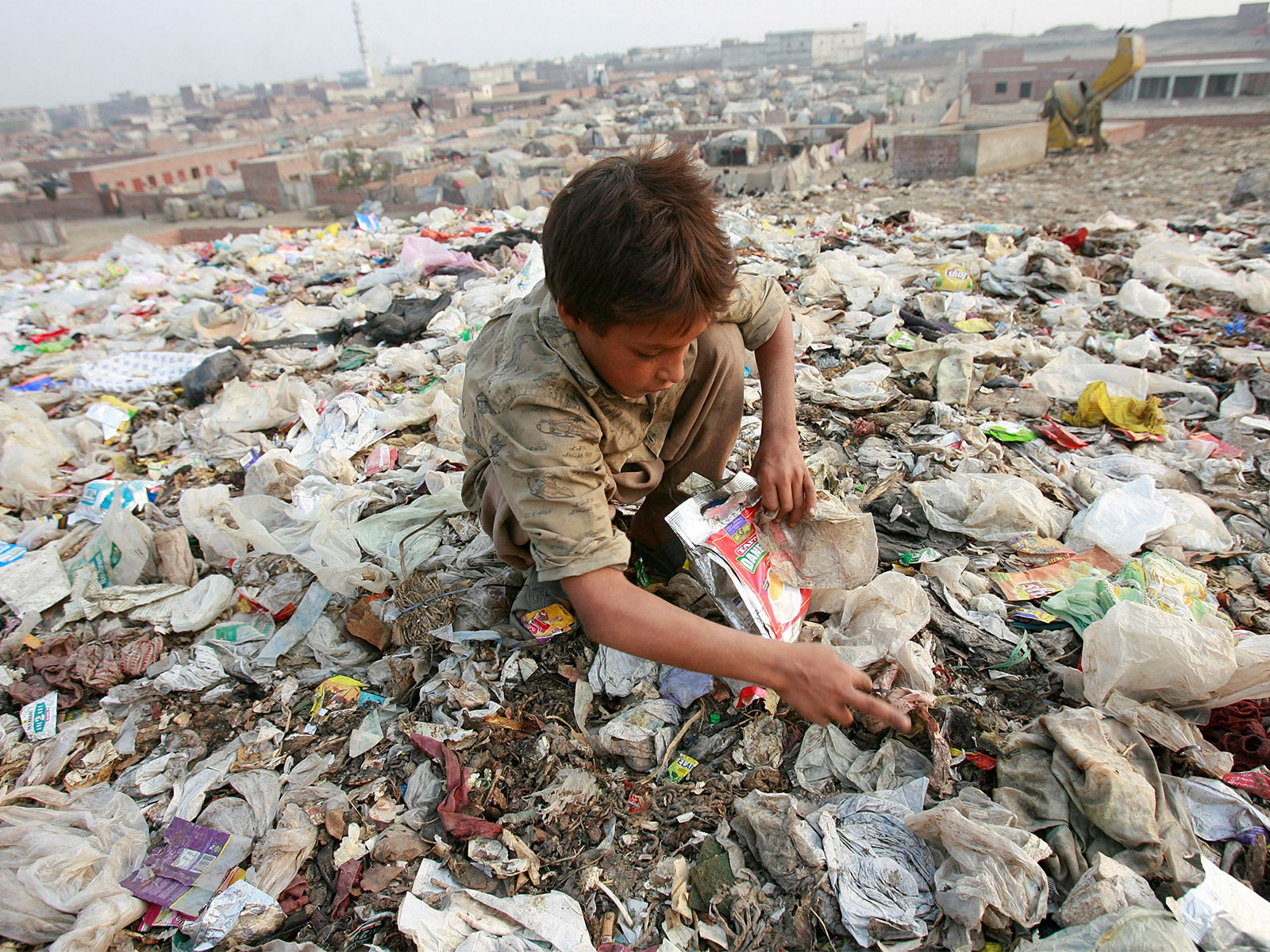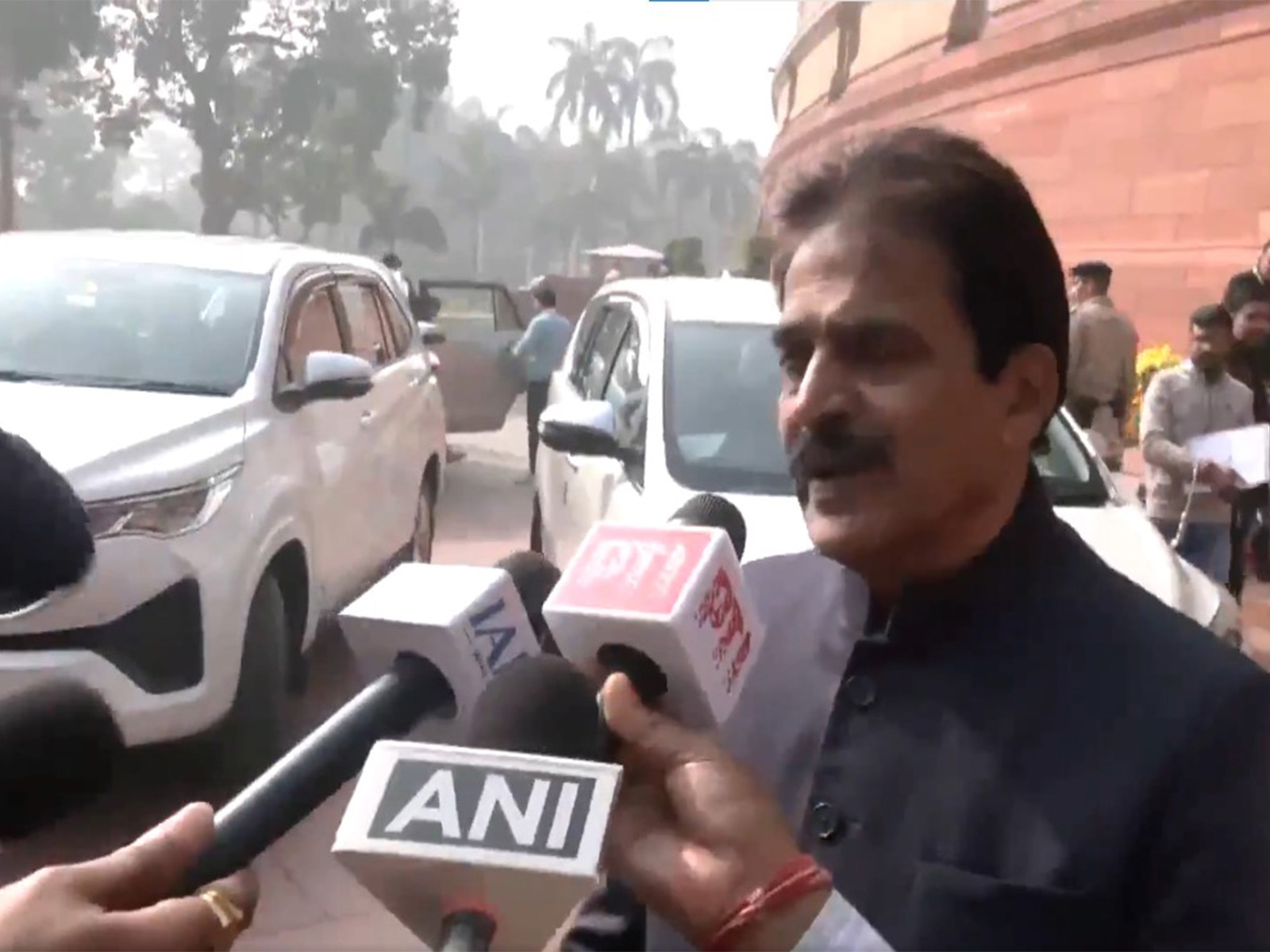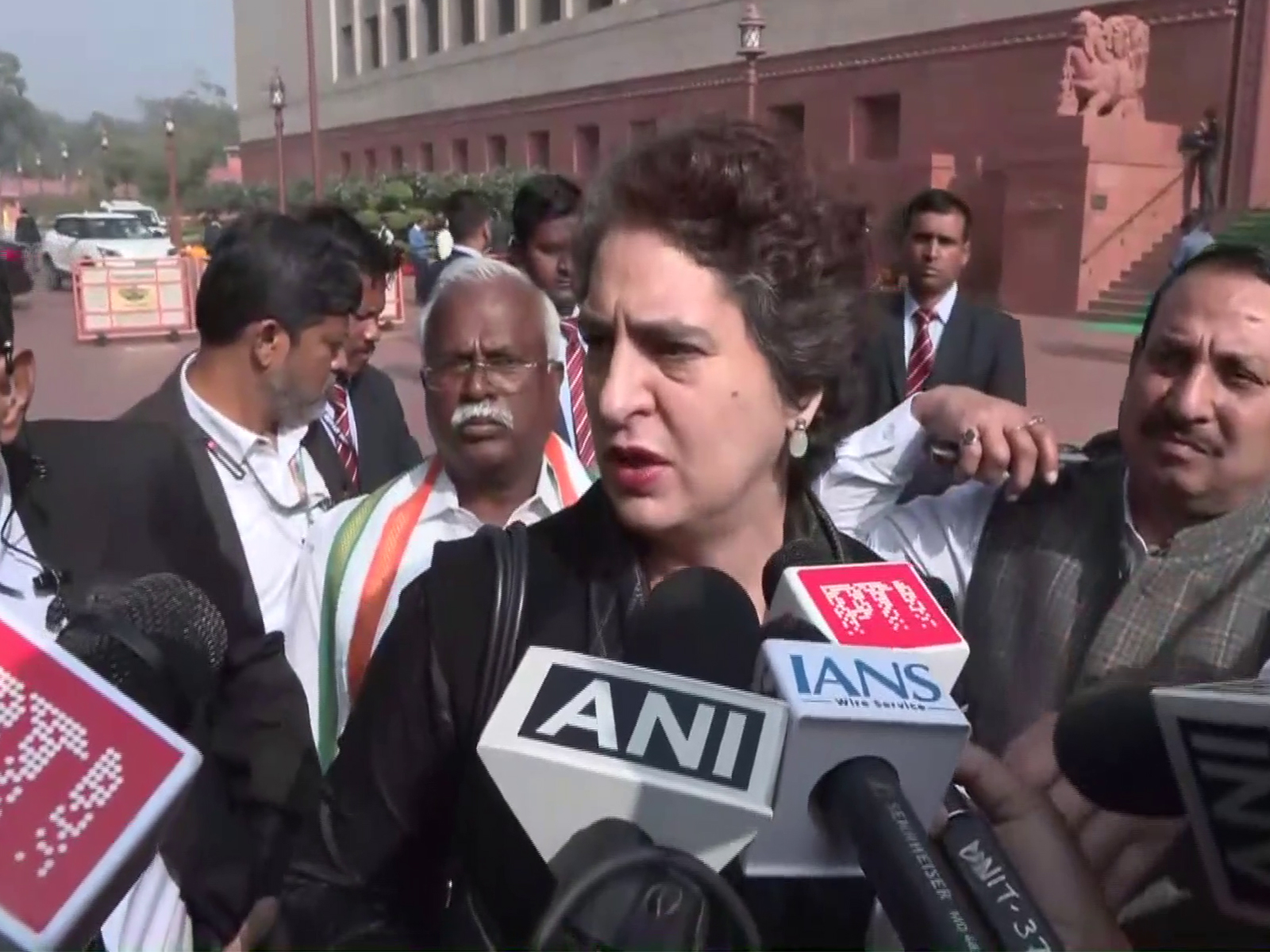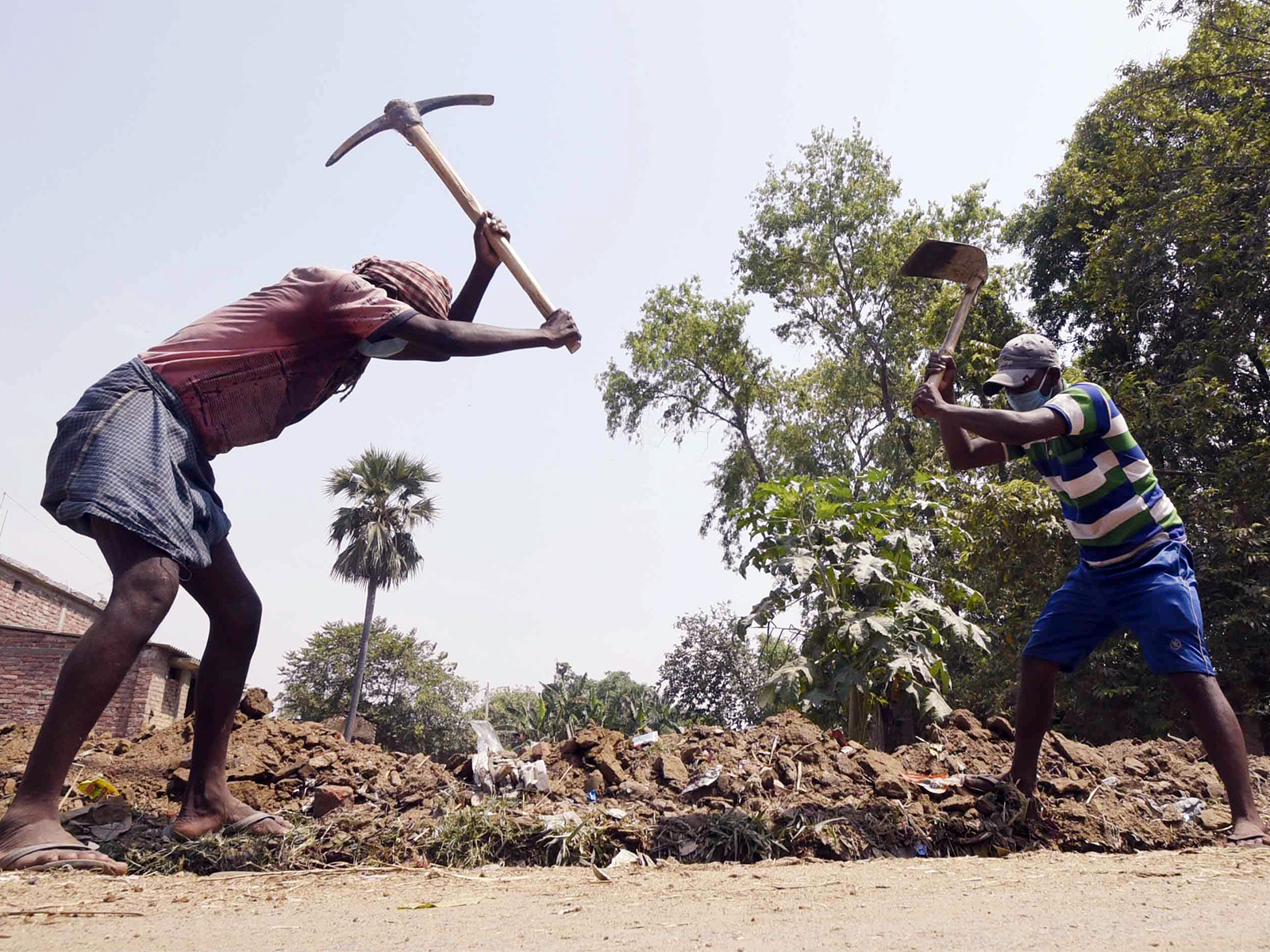Amid reeling economic crisis, Afghan GDP likely to shrink further in 2022: World Bank
Oct 21, 2022

Kabul [Afghanistan], October 21 : While Afghanistan continues to remain under the grip of an economic and humanitarian crisis, the World Bank in its recent development update stated that the country's real gross domestic product (GDP) is projected to contract further in 2022.
Highlighting the humanitarian challenges of Afghanistan, the report revealed an accumulated contraction of close to 30-35 per cent between 2021 and 2022, according to Khaama Press.
"While there are signs of economic stabilization and resilience of Afghan businesses, the country continues to face enormous social and economic challenges that are impacting heavily on the welfare of the Afghan people, especially women, girls, and minorities," said World Bank Country Director for Afghanistan, Melinda Good.
"Living conditions showed slight improvements in the past few months, but deprivation remains very high across the country, and persistent inflation might further erode any welfare gains," she said.
In a separate statement, Afghanistan's Deputy Minister of Economy, Abdul Latif Nazari said that the frozen Afghan assets and sanctions imposed on the country have led to the ongoing crisis, Khaama Press reported.
"Due to the freezing of Afghan assets and due to sanctions on Afghanistan, the country faced a reduction in GDP. Promoting development projects in addition to humanitarian assistance is under consideration," said Abdul Latif Nazari.
According to the World Bank report, the war-torn nation is currently undergoing such a situation that its inability to print new afghani (Afs) notes is seen globally.
Isolation from the international economy is a binding constraint to sustained stabilization. The loss of correspondent banking relationships has significantly impacted international payments, leaving both private firms and aid organizations reliant on cash shipments and informal, unregulated, and opaque payment systems for domestic transactions.
Afghanistan is a much smaller economy now. After contracting significantly, the economy has reached an inflexion point and is likely plateauing around a low-level equilibrium.


















